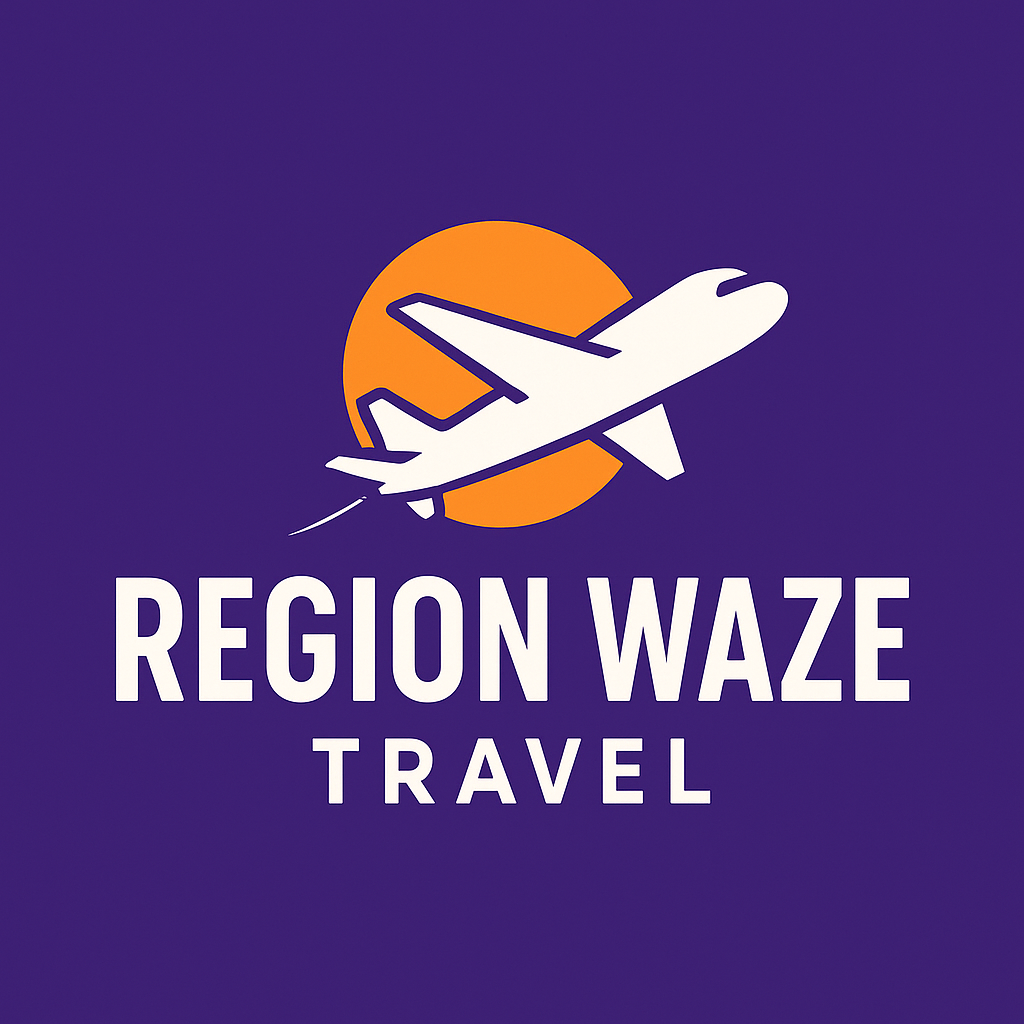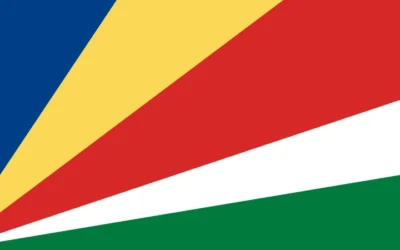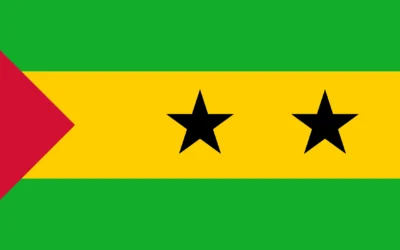Nigeria Travel Guide
Discover Why You Should Visit Nigeria
Why Visit Nigeria?
Nigeria is a vibrant and culturally rich country in West Africa, known for its dynamic cities, diverse ethnic groups, energetic music and arts scene, and breathtaking natural landscapes. It offers a blend of ancient traditions and modern vitality, from the bustling streets of Lagos to the serene hills of Jos.
Home to over 200 million people and more than 500 ethnic groups, Nigeria is a hub of creativity, innovation, and cultural heritage. Visitors can explore historic kingdoms, attend vibrant festivals, enjoy Afrobeat rhythms, and taste bold and flavorful cuisine.
Ideal for: Cultural explorers, music lovers, foodies, adventurers, and anyone looking to experience Africa’s largest economy and most populous nation.
Must-Know Facts
Capital/Major City: Abuja (capital), Lagos (largest city)
Language(s): English (official), Hausa, Yoruba, Igbo, Pidgin English, and many others
Currency: Nigerian Naira (NGN)
Best Time to Visit: November to March (dry season with more comfortable temperatures)
Fun Fact: Nollywood, Nigeria’s film industry, is one of the largest in the world by volume of production
Top Things to Do
Visit Lagos for its lively nightlife, beaches, art galleries, and fashion scene
Explore Zuma Rock and Aso Rock near Abuja for scenic views and cultural history
Travel to Calabar for the Calabar Carnival, one of Africa’s largest cultural festivals
Discover the Osun-Osogbo Sacred Grove, a UNESCO World Heritage Site
Hike through the rolling hills of Jos or the mountains of Obudu in Cross River State
Local Culture & Lifestyle
Nigeria’s culture is deeply rooted in its ethnic diversity, with rich traditions, rituals, and languages coexisting across regions. Community, hospitality, and respect for elders are central values.
The country is known for its lively social gatherings, storytelling, proverbs, and celebrations. Music and dance play a crucial role, from traditional drumming to modern Afrobeats and gospel.
Religious faith is important, with Christianity, Islam, and indigenous beliefs practiced widely.
Food & Drink Highlights
Street Food: Suya (spicy grilled meat skewers), puff-puff (fried dough balls), akara (bean cakes), boli (roasted plantains)
Restaurants: Serve dishes like egusi soup, jollof rice, pounded yam with vegetable stews, pepper soup, and okra soup
Drinks: Zobo (hibiscus drink), palm wine, kunu (millet-based drink), Nigerian beer
Desserts: Chin chin, plantain chips, coconut candy
Main Dish & Culinary Symbols
Signature Dish: Jollof rice, a beloved West African tomato-based rice dish served with meats or fish
Common Ingredients: Peppers, tomatoes, onions, crayfish, palm oil, cassava, yam, plantains, goat meat
Culinary Culture: Meals are hearty, often spicy, and enjoyed communally. Food reflects local ingredients and is deeply connected to identity and heritage
Symbols & Icons of the Area
Natural Icons: Niger River, Zuma Rock, Obudu Mountain Resort, Erin Ijesha Waterfall
Cultural Icons: Yoruba beadwork, Hausa leatherwork, Igbo masquerade masks, Nok terracotta, talking drums
Hidden Gems & Off-the-Beaten-Path
Awhum Waterfall and Cave in Enugu State
Idanre Hills in Ondo State for hiking and history
Gashaka Gumti National Park for wildlife and safaris
Badagry for historical insights into the transatlantic slave trade
Shopping & Souvenirs
What to Buy: Adire and Ankara fabrics, traditional jewelry, leather goods, wooden carvings, local music and art
Where to Shop: Balogun Market in Lagos, Wuse Market in Abuja, arts and crafts villages across major cities
Getting Around
Public Transport: Buses, taxis, and motorcycle taxis (okadas) are widely available
Car Rentals: Available in major cities but traffic can be dense, especially in Lagos
Flights: Domestic airlines connect key cities like Lagos, Abuja, Port Harcourt, and Kano
Ride Apps: Bolt and Uber are active in many urban centers
Travel Tips
Dress modestly, especially in rural or religious areas
Avoid drinking tap water; stick to bottled or filtered water
Traffic can be heavy, so plan extra time for travel in cities
Be aware of regional safety conditions and stay informed about local guidelines
Where to Stay
Budget: Guesthouses and hostels in major cities and university towns
Mid-range: Hotels with modern amenities in Lagos, Abuja, and Port Harcourt
Luxury: International chains and boutique hotels with premium services
Unique: Cultural lodges, resorts in Obudu and Jos, and heritage homes
Sample 4-Day Itinerary
Day 1: Explore Lagos—Lekki Conservation Centre, Nike Art Gallery, and Victoria Island beaches
Day 2: Visit Badagry for its history and slave museum, enjoy suya and nightlife in Ikeja
Day 3: Fly to Abuja, tour Aso Rock, Millennium Park, and enjoy views from Zuma Rock
Day 4: Explore traditional markets, then unwind at Jabi Lake or take a nature walk
Book With Region Waze Travel
Region Waze Travel unlocks the rich diversity of Nigeria through curated journeys and local experiences. From heritage sites and cultural festivals to natural wonders and vibrant cities, we connect you with the spirit of the nation.






0 Comments